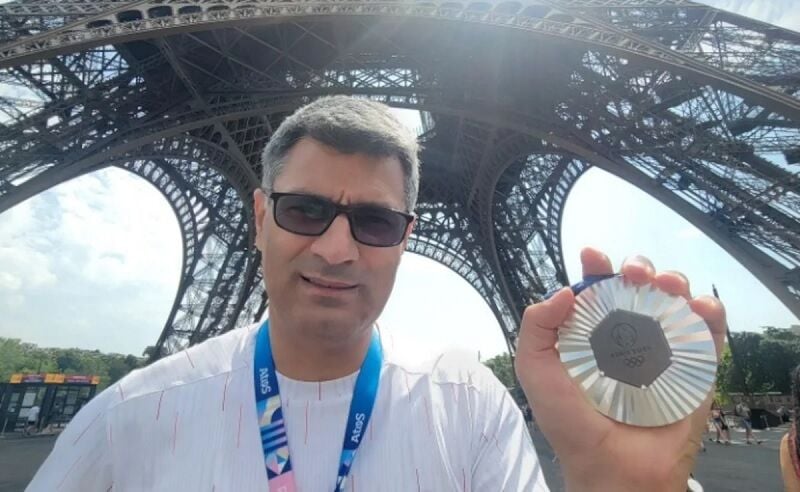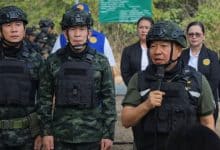Turkish Olympian’s past military role sparks controversy

A Turkish sharpshooter recently garnered global attention after winning a silver medal in the mixed team 10-metre air pistol event at the 2024 Paris Olympics. Yusuf Dikec’s relaxed shooting style, devoid of any specialised gear, captivated audiences worldwide.
However, his newfound fame took a controversial turn when social activist Scharo Maroof revealed Dikec’s past military involvement during a dark period in Turkey’s history.
The 51 year old former senior sergeant in the Turkish Gendarmerie, Dikec has been celebrated not just for his Olympic success but also for his unique approach to the sport, which eschews the use of aiding devices like shooting glasses or ear protectors.
His effortless performance made him a standout figure, drawing admiration from many. This admiration was abruptly questioned when Maroof, via social media, highlighted Dikec’s role in the Turkish military during the Kurdish massacres.
Maroof accused Dikec of being part of the Turkish forces deployed to the Kurdish region of Mardin during the violent conflicts between Turkish troops and the Kurdistan Workers’ Party (PKK) in the 1990s. The PKK is a Kurdish militant organisation that has been in armed conflict with the Turkish state since the mid-1980s.
Maroof pointed out that Dikec’s involvement in the military operations in the town of Cizre, which saw significant destruction and loss of life, casts a shadow over his current image as a sporting hero.
“International media reports about him as some sort of hero, cool guy, and role model. But Yusuf Dikec was part of the Turkish army during the massacre of Kurds. He was sent to the Kurdish region of Mardin as a sergeant from the Turkish army.”
Kurdish people
The Kurdish people, an ethnic group in the Middle East without a state of their own, have faced long-standing oppression. During the 1980s, the Turkish government denied the existence of Kurds, referring to them as mountain Turks in military manuals.
The conflict between the PKK and Turkish forces escalated in the mid-1990s, resulting in the deaths of over 40,000 people and the destruction of more than 4,000 Kurdish villages. The Turkish state’s military campaign aimed to suppress the PKK, leading to widespread civilian casualties and displacements.
Maroof’s revelations sparked a debate over Dikec’s past and his role during this tumultuous period. The details of his military service, particularly his stationing in conflict zones, suggest he may have been involved in actions against Kurdish civilians. This involvement likely paved his way into the military academy, where he graduated as a sergeant major.
The position and area of Yusuf Dikec’s deployment during that time ensured he was part of these operations, Maroof continued. His active participation might have earned him the opportunity to enrol in military school and graduate as a senior sergeant.
The controversy surrounding Dikec’s past has cast a pall over his Olympic achievement, raising questions about the moral complexities of celebrating sports figures with controversial histories. While his skills and unique style have made him a viral sensation, the darker aspects of his background have prompted a reassessment of his hero status, reported Khaosod.
Latest Thailand News
Follow The Thaiger on Google News:


























